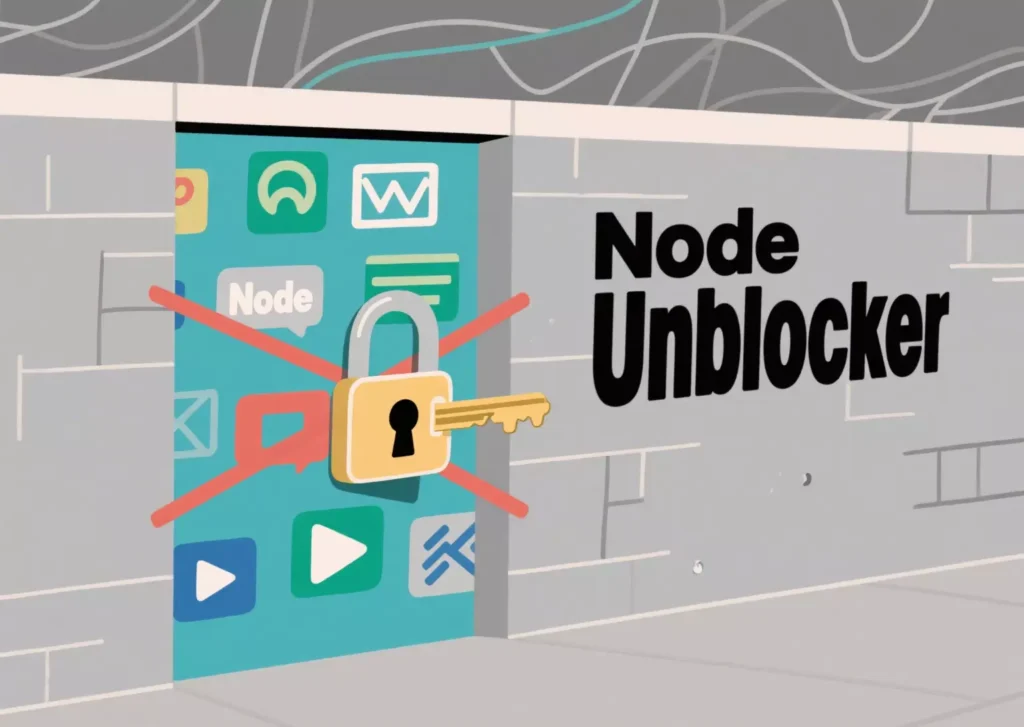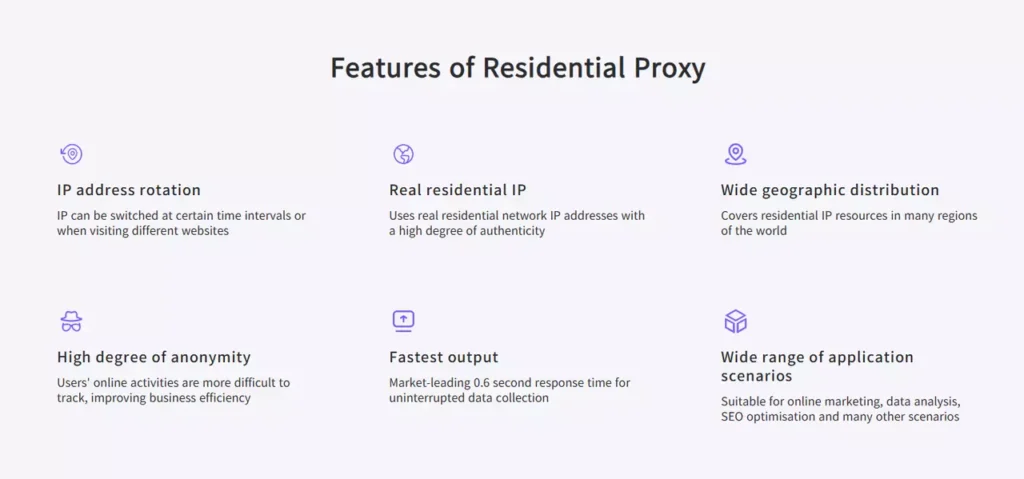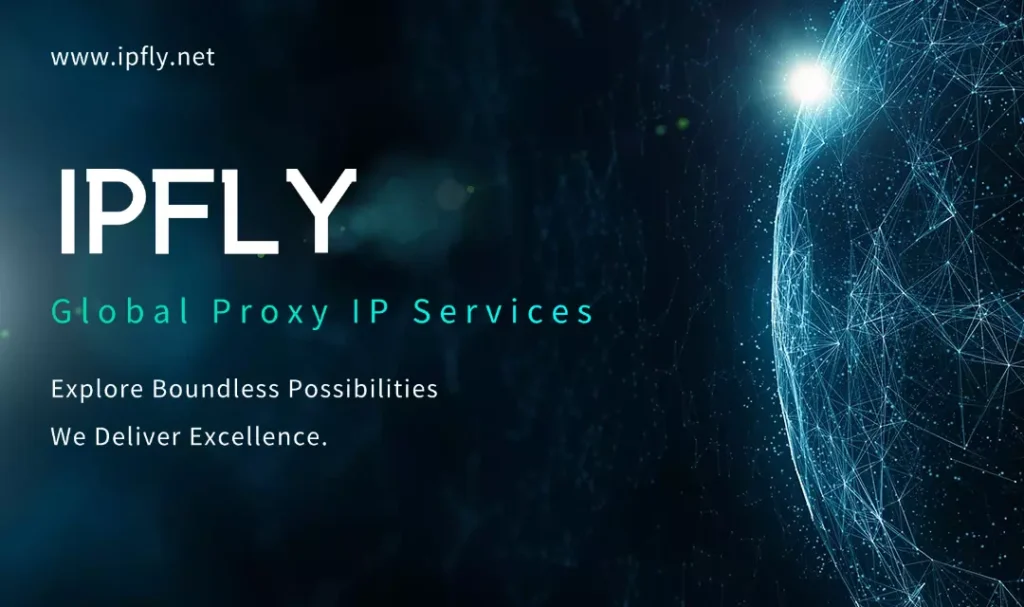In today’s digital landscape, access to web content isn’t always straightforward. Firewalls, content filters, geo-blocks, and access policies can restrict users from viewing certain websites or using specific online services. This is where Node Unblockers come in. Acting as smart middlemen between the user and the internet, they help bypass restrictions efficiently—whether you’re at school, work, or navigating around regional limitations.
But what exactly is a node unblocker, and how can businesses and individual users benefit from it? Let’s explore how this technology works, where it’s used, and why it’s become such a hot topic in web access solutions.

What Is a Node Unblocker?
A Node Unblocker is a proxy-based web application typically built with Node.js. Its main function is to forward web traffic through its own servers, essentially masking your IP address and circumventing content filters or blocks. Unlike traditional proxies or VPNs, node unblockers are often designed for quick deployment and ease of use, commonly accessible through a web interface.
These tools became widely popular among students and internet users trying to access websites like YouTube, Reddit, or gaming platforms from networks where those services were banned. But their usefulness extends far beyond casual browsing.
How Node Unblockers Work
Node unblockers operate by intercepting a user’s web request and rerouting it through a separate server. Here’s a simplified breakdown of the process:
- User sends a request (e.g., to visit a blocked website).
- The node unblocker receives the request and forwards it to the intended website.
- The content is then retrieved and delivered back to the user through the node unblocker’s interface.
Because the traffic appears to come from the node unblocker’s server, not the original device, restrictions based on IP address or content filters are often bypassed.
Common Use Cases of Node Unblockers
Node unblockers aren’t just tools for students trying to sneak in an episode of their favorite show during lunch. They have real-world value in several industries:
1. Corporate Access
Many businesses restrict access to certain sites on office networks. Employees may use node unblockers to access tools or references needed for work that have been mistakenly blacklisted by internal firewalls.
2. Market Research
Professionals conducting international market research may use unblockers to access region-locked content or simulate user behavior from different geographies.
3. Educational Use
Students and researchers often need unrestricted access to information, but some institutional networks limit websites arbitrarily. A node unblocker can open academic sources or external references that are otherwise inaccessible.
4. Bypassing Government Censorship
In countries with strict internet regulations, node unblockers offer a discreet way to access uncensored news and global content, though this comes with legal and ethical considerations depending on the region.
Node Unblockers vs. Proxies and VPNs
At a glance, node unblockers function similarly to proxies. However, there are distinct differences:
| Feature | Node Unblocker | Proxy Server | VPN |
| Setup | Web-based, no configuration needed | Manual setup often required | Requires app or OS config |
| Speed | Generally fast for browsing | Depends on provider | Can be slower due to encryption |
| Anonymity | Moderate | Varies | High |
| Bypass Ability | Good for basic filters | Good for static blocks | Best for all-around bypassing |
| Security | Basic HTTPS support | Varies | Strong encryption |
While node unblockers are simple and quick to use, they’re not built for handling sensitive data or offering the level of security that proxies or VPNs provide. For business-grade operations like web scraping, multi-account e-commerce, or ad verification, more robust proxy solutions are advisable.
Why Node Unblockers Are Popular
The popularity of node unblockers is tied to three main factors:
- Accessibility: Anyone with internet access and a browser can use them—no installations or permissions required.
- Simplicity: No technical knowledge needed. Users simply paste a URL and start browsing.
- Free Options: Many node unblockers are available at no cost, especially among open-source communities.
However, these advantages come with trade-offs. Free tools often lack stability, speed, and security. That’s where professional proxy services step in.
Limitations of Node Unblockers
Despite their usefulness, node unblockers come with some caveats:
- Limited Compatibility: Some websites use advanced anti-proxy mechanisms, detecting and blocking node unblockers.
- Lack of Encryption: Most unblockers don’t offer the same level of encryption as VPNs, posing risks on public Wi-Fi.
- Unstable Uptime: Free or self-hosted services may not be maintained well and can go down unexpectedly.
For organizations with more serious needs—such as accessing restricted platforms reliably, scraping structured data at scale, or operating multiple social media accounts—a dedicated proxy service is far more suitable.
A Smarter Alternative: High-Quality Proxy Networks

While node unblockers are a convenient option for lightweight use, those with professional demands require better infrastructure.
That’s why proxy service providers like IPFLY have become essential partners for digital operations. With access to over 90 million IPs across 190+ countries, IPFLY delivers reliable, high-speed proxy solutions tailored for enterprise use. Whether it’s dynamic residential proxies for rotating access or ISP-level static proxies for session persistence, they provide the control and reliability that unblockers can’t match.
Many platforms today—including social media networks and e-commerce marketplaces—are employing stricter IP detection mechanisms. A robust, clean, and verified proxy like those offered by IPFLY ensures higher success rates and minimizes the risk of bans or access denial.
Final Thoughts
Node unblockers are an excellent first step toward understanding how internet restrictions can be bypassed. They’re simple, effective for everyday use, and widely accessible. But when your needs expand beyond casual browsing—when speed, stability, and privacy start to matter—a more reliable and scalable solution is necessary.
That’s where professional proxies make the difference.
Ready to Go Beyond Node Unblockers?

If you’re looking for more control, reliability, and flexibility in how you access the web—whether for data scraping, ad verification, SEO tracking, or managing global operations—IPFLY offers powerful proxy solutions built for businesses and power users.
👉 Explore our residential, ISP, and data center proxies at IPFLY.net and level up your online access today.


